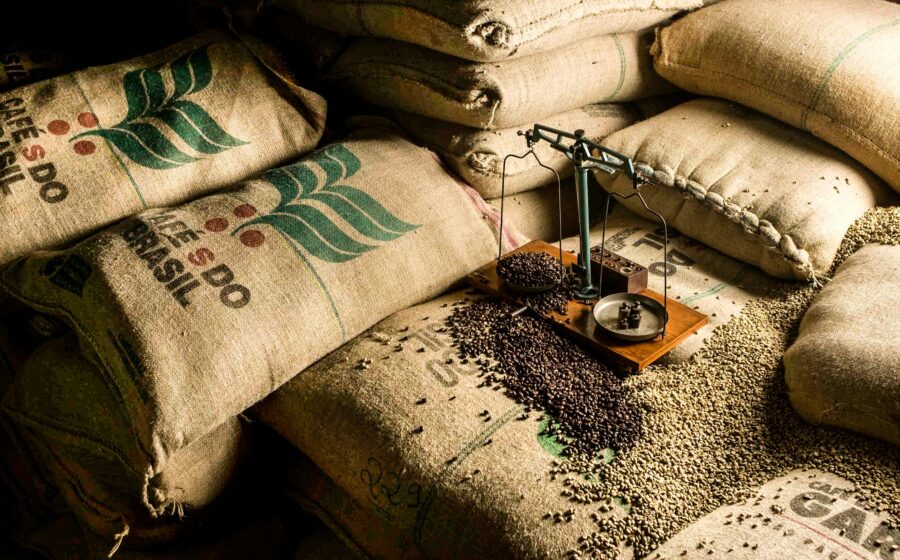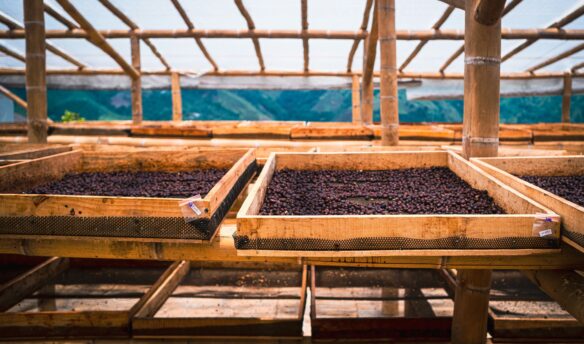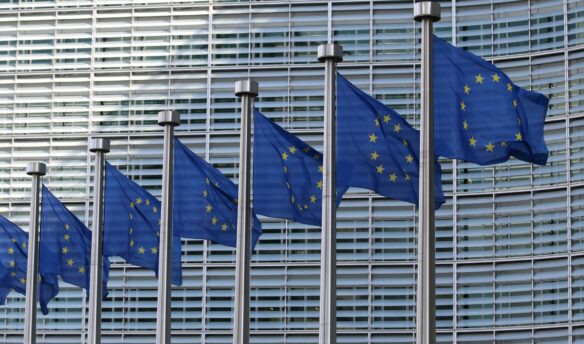✉️ This story was featured in this week’s Coffee News Club
👋 Get the Coffee News Club newsletter in your inbox weekly—sign up.
Coffee commodity prices have been falling in recent months, driven by reports of better harvests. But they jumped this week after U.S. President Donald Trump threatened to impose a 50% tariff on imports from Brazil.
In a letter to Brazilian president Luiz Inácio Lula da Silva posted on social media on July 9, Trump threatened to impose tariffs against the country in part due to what he called a “witch hunt” against former president Jair Bolsonaro. The right-wing, Trump-supporting Bolsonaro is on trial for attempting to overturn Brazil’s presidential election loss in 2022, something that Trump called “an international disgrace.”
In a statement given to AP News, Lula said that Brazil would respond by imposing its own tariffs. “Brazil is a sovereign country with independent institutions that will not accept being taken for granted by anyone.”
According to the Financial Times, arabica coffee prices jumped 3.5% the day after Trump’s announcement.
Brazil is the world’s largest coffee producer, and the U.S. is its biggest buyer, importing more than $2 billion worth of coffee over the past year. A 50% tariff on Brazilian coffee will impact almost every importer and roaster in the U.S. Reporting from Marcelo Teixeira and Maytaal Angel of Reuters suggests the tariffs could severely disrupt, if not completely pause, shipments of coffee from Brazil to the U.S.
Coffee broker Michael Nugent told Reuters that “a tariff of this size would all but shut down” the coffee trade between the two countries. “Brazilian exporters won’t absorb it. U.S. roasters can’t,” he said, noting that both countries will need to look for alternatives. “Bottom line: Brazil will sell its coffee elsewhere. The U.S. will buy coffee from someone else – Colombia, Honduras, Peru, Vietnam – but not at Brazil’s volume or price,” Nugent said.
U.S. coffee companies have already started to raise prices in response to the earlier round of tariffs that went into effect in April.
In addition, Trump mused in a call with NBC on July 10 that the blanket 10% tariffs he initially proposed against nearly every trade partner may rise to 15% or 20%. The National Coffee Association has—unsuccessfully—been pushing for coffee to be exempt from tariffs.
















